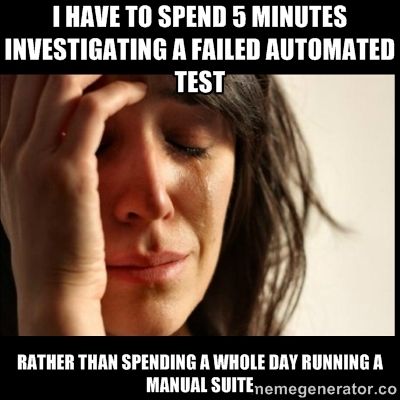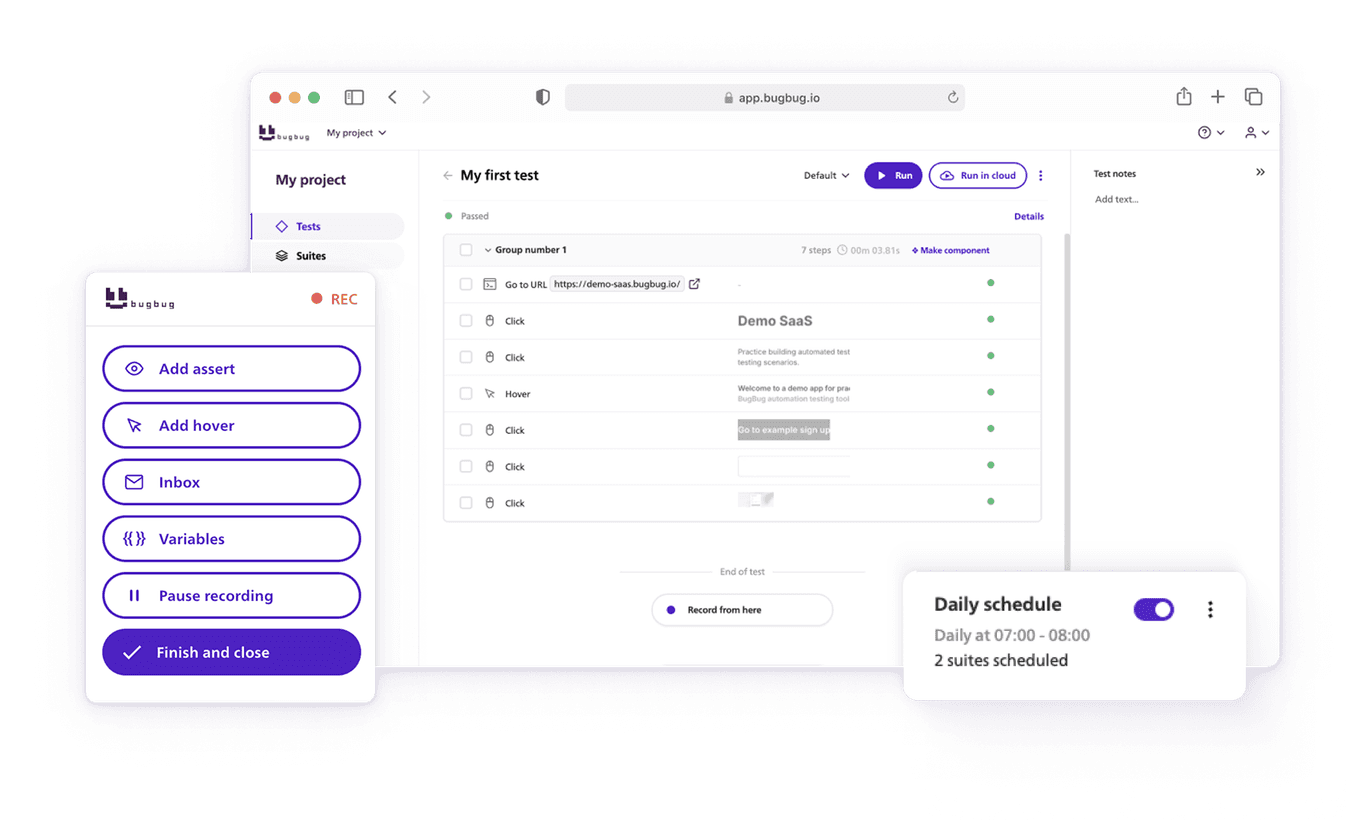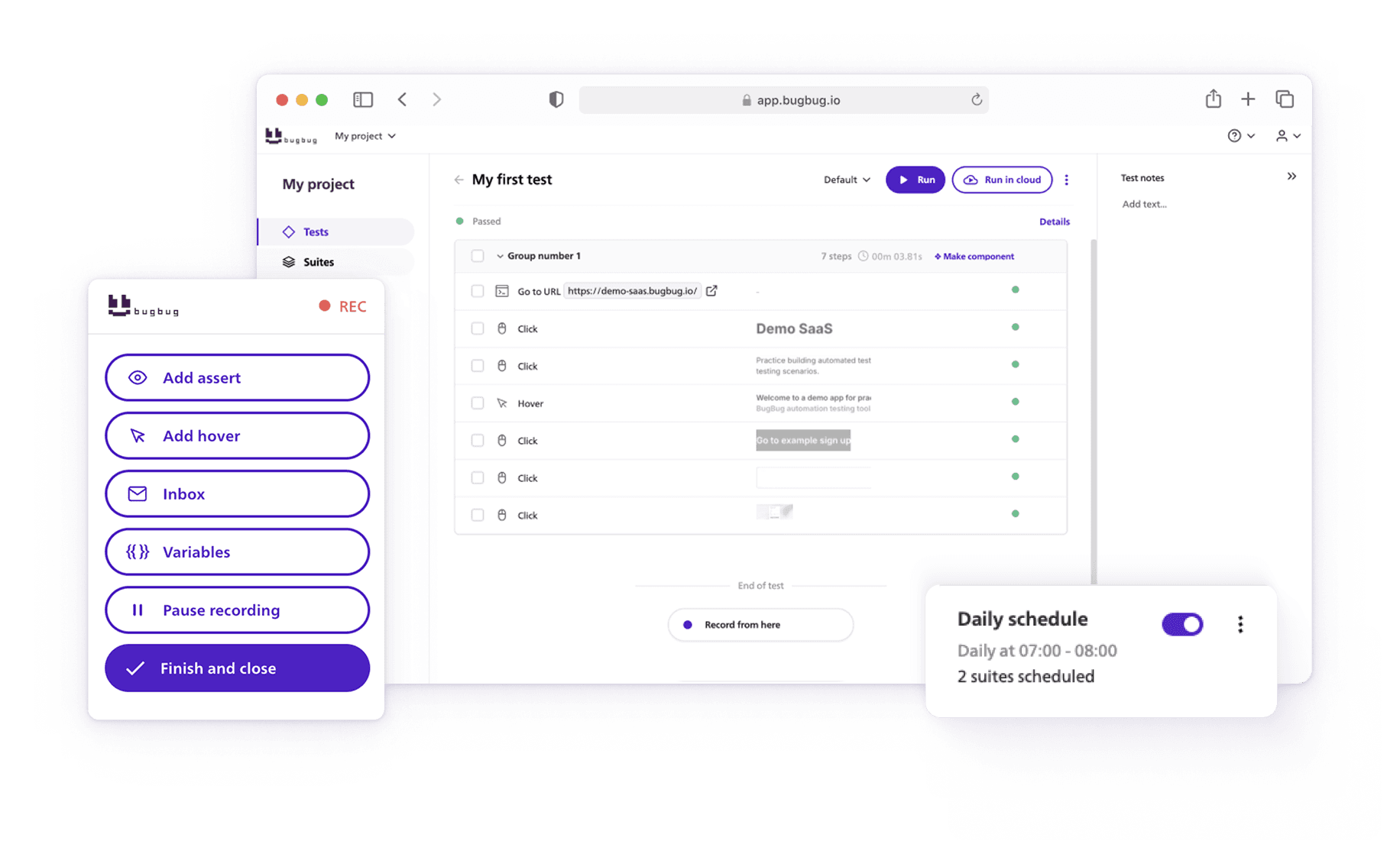- Essential Steps to Embark on a Career as an Automation Test Engineer
- Who is an Automated Test Engineer?
- What Does an Automated Test Engineer Do?
- What are the responsibilities of an Automated Test Engineer?
- What skills do you need to be an Automated Test Engineer?
- How to become an Automation Tester?
- Does an Automation Tester need Coding skills?
- Knowledge of test automation tools
- Conclusion
In the ever-evolving landscape of the software development process, the demand for efficient and reliable testing methods has grown exponentially. Automation Testing, a specialized field within software testing, has emerged as a key solution to accelerate testing processes and ensure the delivery of high-quality software products. This article delves into the journey of becoming an Automated Test Engineer, offering insights into the essential skills, knowledge, and steps required to embark on this career path and increase your current salary.

Essential Steps to Embark on a Career as an Automation Test Engineer
Embarking on a new journey as a Test Automation Engineer is an achievable goal, and it all starts with a strong belief in your abilities. Determination and perseverance play a vital role in this journey.
- Embrace the Possibility: Believe in yourself and your potential to learn and excel. Nothing is beyond reach with determination and commitment.
- Switching to Automation Testing: If you're currently working in manual testing, consider making a career switch to automation testing. This article will provide valuable insights to support your transition.
- Learning Test Automation: Gather tips, techniques, and effective approaches to learning test automation. Based on real-time industry experience, we'll outline the key points to help you start your journey with confidence.
- Grasp Software Testing Concepts: Understanding software testing concepts is essential. It includes knowledge of manual testing principles, technical knowledge, Agile methodology, Scrum framework, defect tracking tools, and test management tools.
Automate your tests for free
Test easier than ever with BugBug test recorder. Faster than coding. Free forever.
Get started
Who is an Automated Test Engineer?
An Automated Test Engineer is responsible for designing, developing test scripts to verify the functionality, performance, and reliability of software applications. Job description usually contains information on how to streamline the testing process, increase test coverage, and identify defects efficiently by automating repetitive testing tasks.
What Does an Automated Test Engineer Do?
Engineers work closely with the R&D team to create and maintain automation scripts. They utilize various test automation tools and frameworks to write scripts, execute test cases, and report test results. They identify scenarios that can be automated and collaborate with manual testers to strategize test plans. Moreover, testers analyze results, investigate defects, and work with developers to resolve issues.

What are the responsibilities of an Automated Test Engineer?
The responsibilities of a Test Automation Engineer may include:
- Designing and developing automated test scripts based on test cases.
- Executing test suites and analyzing test results.
- Identifying areas for test automation and collaborating with the team to create an automation test plan.
- Integrating tests into the continuous integration and continuous delivery (CI/CD) pipeline.
- Maintaining and updating existing test scripts as the software evolves.
- Collaborating with developers and other stakeholders to ensure comprehensive test coverage.
- Identifying and reporting defects with clear steps to reproduce.
- Keeping up-to-date with industry trends and best practices in test automation.
What skills do you need to be an Automated Test Engineer?
To develop into a successful Automated Test Engineer, you need to know and obtain following skills:
- Perfect Manual Testing Skills: A strong foundation in testing principles and methodologies is crucial for understanding what to automate and how to design effective test cases.
- Understanding of Software Development Methodologies: Familiarity with Agile, Scrum, or other methodologies is essential for collaborating with the development team and integrating testing into the development process seamlessly.
- Analytical and Problem-Solving Abilities: Automation Testers need to think critically to identify test scenarios, troubleshoot issues, and design effective automated tests.
- Test Design and Execution: Ability to design comprehensive test cases and execute them using test automation tools is a core skill for Automation Testers.
Automate your tests for free
Test easier than ever with BugBug test recorder. Faster than coding. Free forever.
Get started
How to become an Automation Tester?
Start by gaining a strong understanding of testing principles and software development methodologies. Acquire coding skills in languages like Python or Java, as automation involves writing and maintaining test scripts. Consider obtaining certifications such as ISTQB Certified Tester - Foundation Level and gaining practical experience through testing projects or internships.
Do you need an IT degree to be an Automation Tester?
While a bachelor's degree in IT or Computer Science can be advantageous, it is not always a strict requirement to be hired as a QA or a Tester. Please note that any successful engineer had entered the field through self-learning and hands-on experience. Demonstrating strong technical skills and expertise in test automation through certifications and practical projects can be equally valuable.
Software Automation Testing Certifications
Software Automation Certifications are recognized by the industry and can significantly boost your career prospects. Here are some popular software automation testing certifications:
- ISTQB Certified Tester Test Automation Engineer (CT-TAE)
- Selenium WebDriver Certification
- Cypress Certified Professional
Bootcamps and courses
A Bootcamp is an intensive and focused training program designed to impart specific skills or knowledge in a short period. Before enrolling in any bootcamp, ensure that the curriculum aligns with your learning goals, check for hands-on projects and practical exercises, and read reviews or testimonials from past participants.
Additionally, verify if the bootcamp provides any certification or support with job placement to further enhance your learning experience and career prospects. Udemy and Coursera offer variety of courses where you'll learn different tools and skills which will facilitate a new career path.
Does an Automation Tester need Coding skills?
While they may not have to be proficient in programming, a good understanding of at least one programming language is essential for writing and maintaining scripts effectively. Python and Java are commonly used languages for testing, but other languages like JavaScript or C# can also be relevant depending on the tools and frameworks being used.
Automate your tests for free
Test easier than ever with BugBug test recorder. Faster than coding. Free forever.
Get started
Knowledge of test automation tools
Choosing the right tool is crucial for success. The selection process should be based on several factors that align with your project requirements, team's expertise, and the specific technologies involved. As practices in the IT sector continue to shift towards Agile, DevOps, and continuous integration and delivery (CI/CD), the demand for faster, more efficient testing has grown exponentially.
Conclusion
To embark on a career as an Automation Tester, begin by developing a solid grasp of manual testing principles. Acquire proficiency in at least one of the programming languages like Python or Java, as automation entails scripting and test maintenance. Pursue certified courses and gain hands-on experience through projects or internships. Stay up-to-date with the latest test automation tools and techniques to excel in the field.
Happy (automated) testing!



